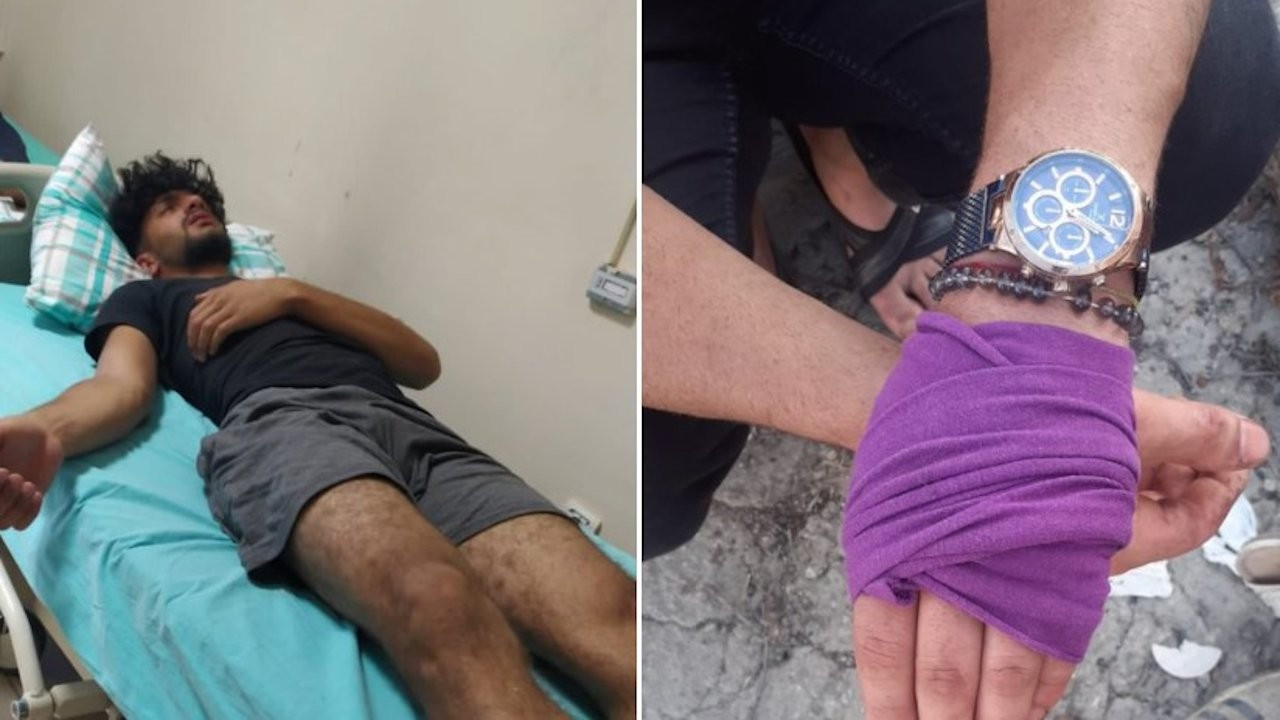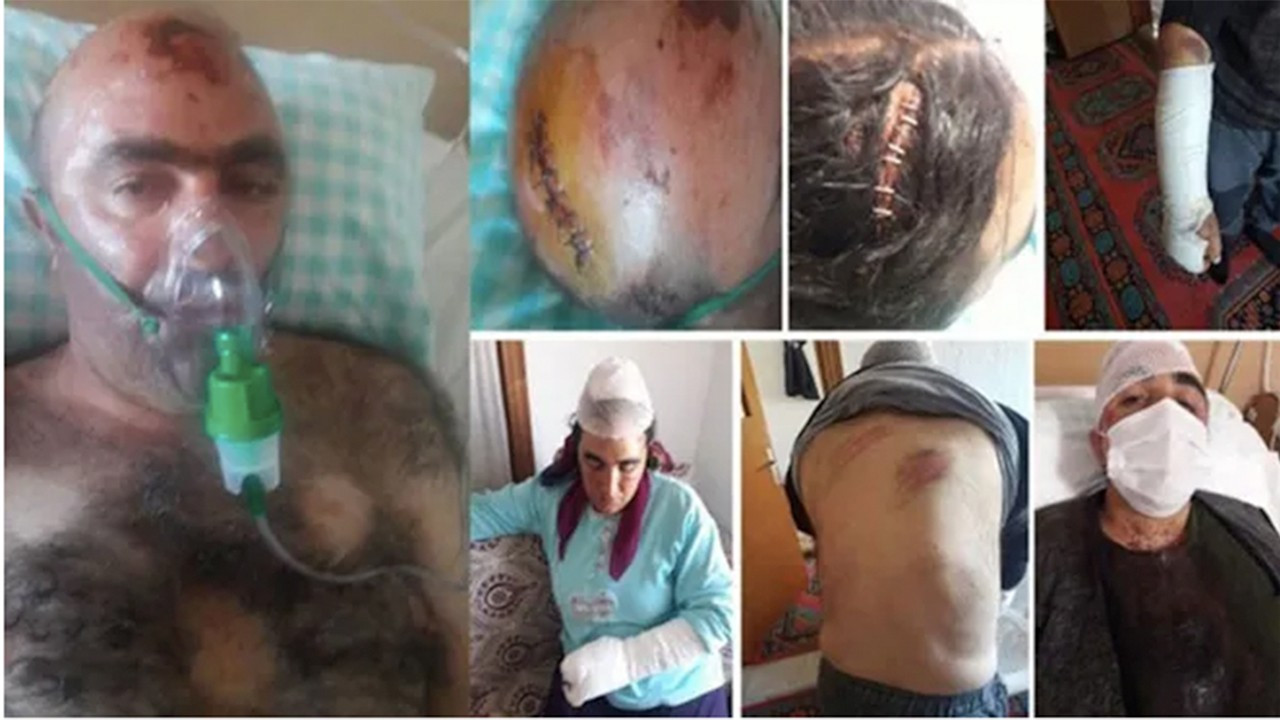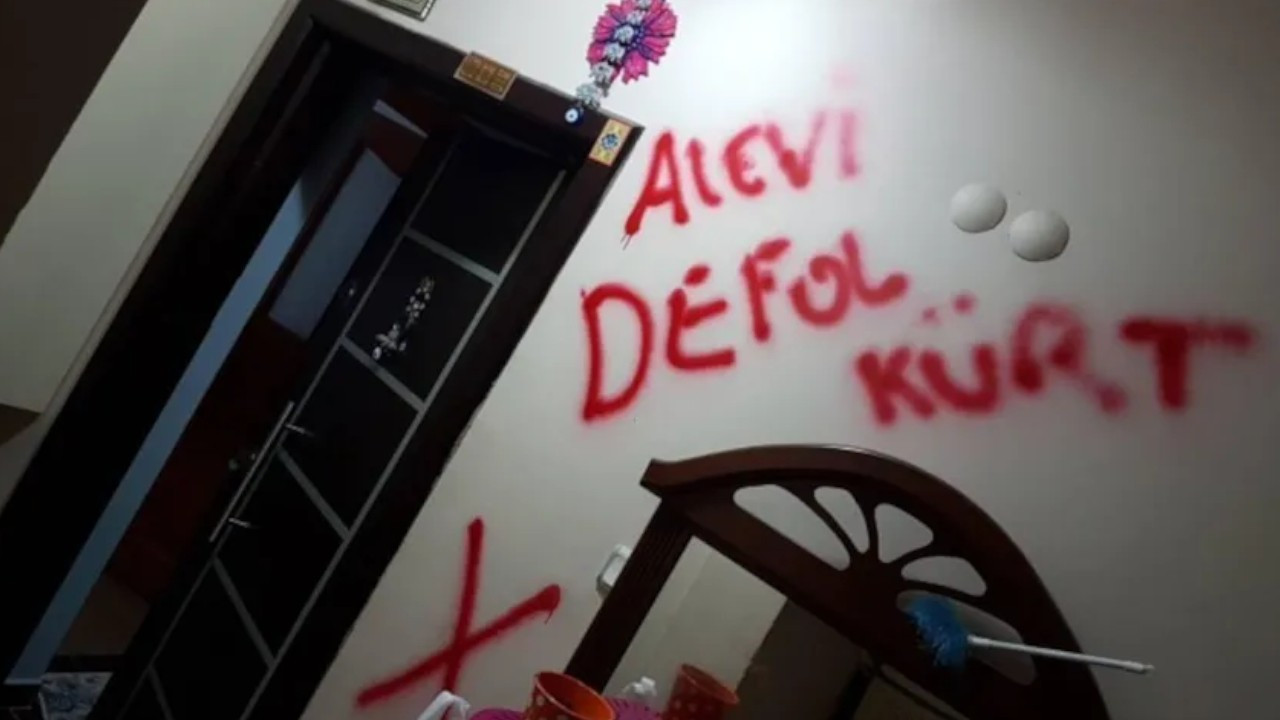Four racist attacks on Kurds reported in Turkey over two weeks
Turkey was marked by four racist attacks on Kurdish families and workers over just two weeks, prompting outrage on the part of rights defender groups and civil society. The Human Rights Association (İHD) said in an official statement that these attacks were a result of the spread of discriminatory rhetoric in the country, while 15 bar associations described these attacks as "irreversible acts."
Duvar English
Turkey's Kurdish community fell victim to four racist attacks in the past two weeks, the number representing merely the attacks that were reported.
Most recently, Kurdish Hakim Dal was killed after a mob of 60 people attacked his family in the central Anatolian province of Konya, Mezopotamya news agency reported on July 21.
Dal was with his brother and one other relative where the armed mob attacked them, Hamdi Dal said, adding that the mob had been harassing them for a while, asking them to sell their land and leave the area.
Four members of the Boztaş family were injured in the capital Ankara on the same day that Hakim Dal was killed in Konya, as a result of a disagreement that erupted between the Kurdish family and their neighbors at an animal market.
A racist mob attacked Kurdish agricultural workers in the western province of Afyon solely for speaking in their mother tongue, injuring seven people, Mezopotamya News Agency reported on July 19.
Separately, the Kurdish Dedeoğulları family were victims of an armed attack carried out by their racist neighbors on May 12 in Konya, Mezopotamya News Agency Agency reported on July 11.
The family members suffered from cerebral hemorrhages, contusions and broken bones as a result of the mob who had been harassing them for the past 15 years, the agency said.
'These are irreversible acts'
Turkey's Human Rights Association (İHD) noted that racist attacks on Kurdish citizens in Turkey could no longer be considered as isolated events, adding that these attacks were a result of the spread of discriminatory rhetoric in the country.
"This environment causes attacks that constitute hate crimes to continue without missing a week," the İHD said.
Kurdish Deniz Poyraz was also slaughtered in an attack on the offices of pro-Kurdish Peoples' Democratic Party (HDP) in İzmir in June, the İHD added.
Meanwhile, a group of 15 bar associations from the east and southeast of Turkey released a statement noting that racist attacks were irreversible acts.
"These should not be viewed as isolated or legal incidents. These are irreversible acts," the bar associations said.
The associations condemned the racist attacks that present serious violations of human rights, the right to life being the primary one, and prompted the government to swiftly investigate the incidents.
Government remains ignorant
As civil society rose up in protest, the government remained reluctant to acknowledge the racist nature of the attack.
The Konya governor's office said that the murder of Hakim Dal was the result of a disagreement between neighbors, denying its racist nature.
It said that the attack of the 60-person mob on Dal and his two relatives was purely a disagreement stemming from where Dal's animals were grazing.
"The incident was purely judicial, but certain circles are trying to present it as an ethnic fight to manipulate perception. Such provocative news should be disregarded," the Konya governor's office said.
The Dal family lawyer Abdurrahman Karabulut told Gazete Duvar that 60 people wouldn't have shown up for a mere logistical disagreement, adding that gendarmerie eyewitnessed the attack, creating a dire atmosphere of impunity.
"Since assailants think that 'I'll be released no matter what I do,' they are attacking and killing very easily," Karabulut said. "They were even empowered by the gendarmerie, carrying out the attack under their nose. These attacks can only be prevented with heavy prosecution."
Meanwhile, HDP Agricultural Spokesman Rıdvan Turan said that the government was also liable for the attack on agricultural workers in Afyon as the governor's office actively dodged to take responsibility in the prosecution of the incident.

 Racist mob attacks Kurdish agricultural workers in Turkey's westPolitics
Racist mob attacks Kurdish agricultural workers in Turkey's westPolitics Turkish ultranationalists attack Kurdish neighbors in Turkey's KonyaHuman Rights
Turkish ultranationalists attack Kurdish neighbors in Turkey's KonyaHuman Rights HDP employee's home marked with cross, racist graffitiHuman Rights
HDP employee's home marked with cross, racist graffitiHuman Rights